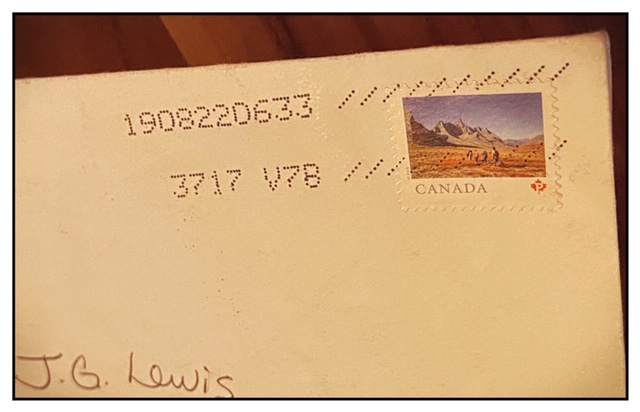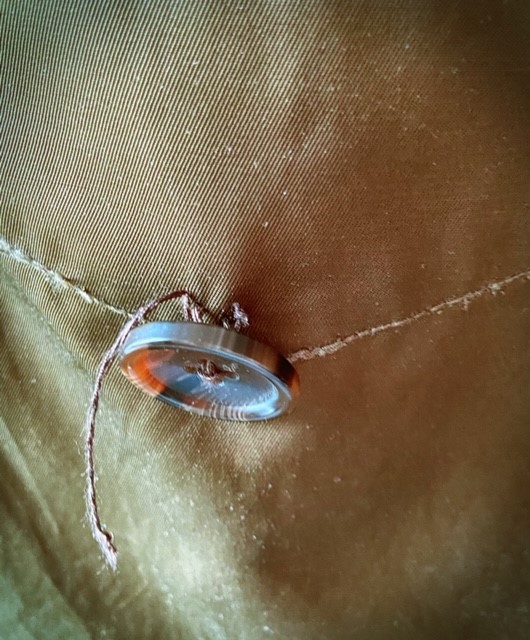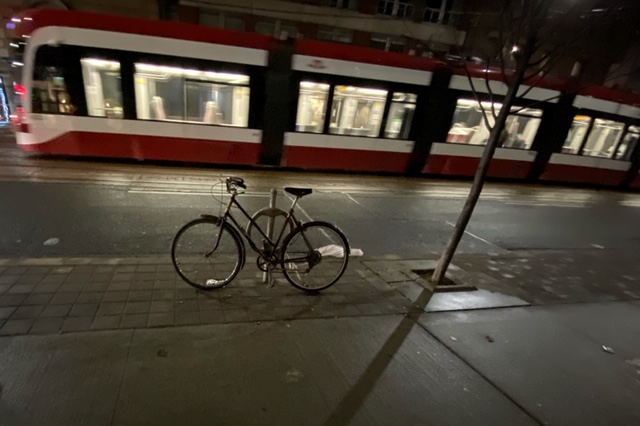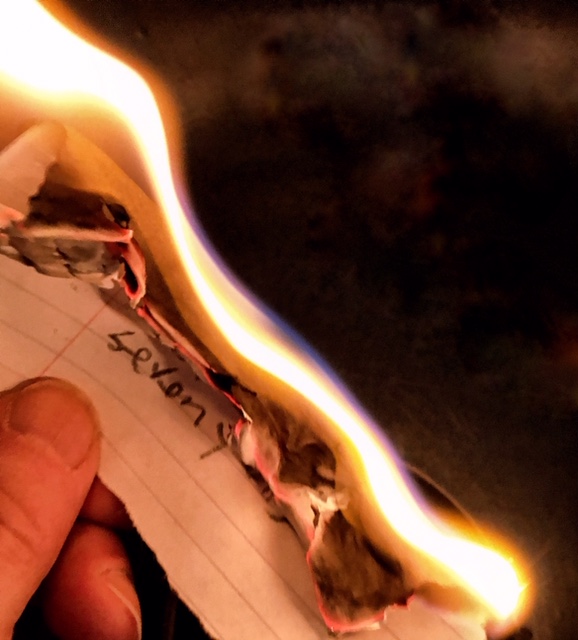Dear Canada Post,
I know a measly two cents doesn’t sound like much, but it’s another two cents and it’s another two cents on top of all the other cents you’ve added over the years.
And it has become too much.
The cumulative effect of the continual price escalation of a postage stamp in Canada over the past decade adds up to a 70% increase.
No matter how you look at it, an increase of that size is a lot.
With taxes on a 92 cent stamp, the cost of sending a letter is now well over a dollar.
That is far too much.
Now I realize that fewer and fewer people write letters these days, preferring e-mails and text messages to a traditional and time-honoured form of communication, but there is something special about a handwritten letter. It’s real, it’s raw, it is beautiful, and it may well be a dying art.
An email simply doesn’t compare.
E-mails are more like quick conversations, and given the ease of sending messages back and forth, it becomes easier to skip out a few details, or become a bit too casual, or forget to reply.
You don’t compose an e-mail as you do a letter.
You never take the time.
A letter is not ignored when it arrives in your mailbox. There is a welcomed element of surprise when a personal letter shows up amidst all that other bulk material and advertising crap that also passes as mail (and can be sent at a lower rate than a personal letter).
Letters mean something. A grandmother can send far-away wishes to a grandson. A father maintains a loving bond with his daughter. A tourist can send a postcard home from Niagara Falls to New Brunswick, or from Montreal to Munich. Mourners can send a sympathy card from East York to Edmonton with sentiment that simply cannot be expressed electronically. Long-distance lovers can connect intimately with words of want and desire. Friendships are nurtured; relationships are strengthened by the written word.
Hiking up the cost of a stamp, even if only by two cents (this time), increases the cost of heartfelt communication.
It is the fourth increase over six years. I, as a regular letter writer, feel it.
It is heartbreaking.
It is a sin.
And that is my two cents worth.
Regards
J.G. Lewis
p.s. I’ll be sending a copy of this letter to the federal minister responsible for Canada Post, the Prime Minister, my local M.P, and any other politician that comes to mind. I understand no stamp is required to send a letter to our elected representatives in Ottawa.
It’s sad really that it costs me dearly to send a letter to someone I care about, but it is free to send a letter to somebody who could probably care less.




